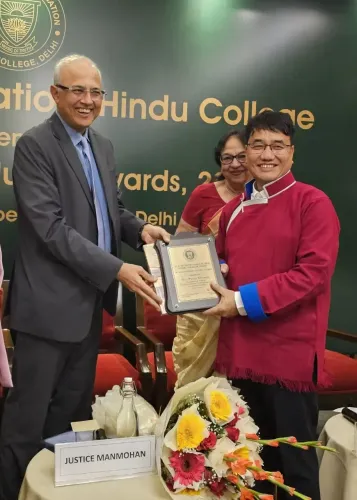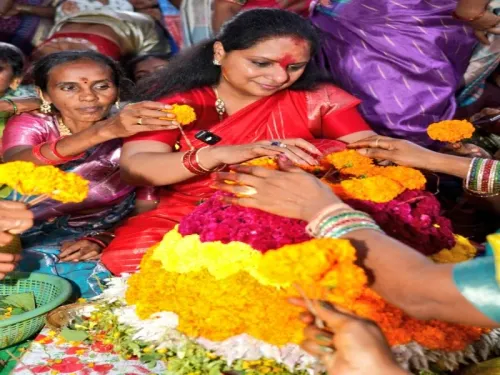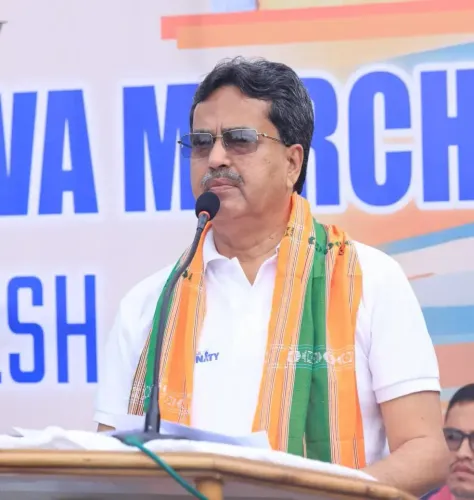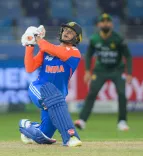Did the Delhi HC Uphold Medha Patkar's Conviction in a Defamation Case?

Synopsis
Key Takeaways
- Delhi High Court upheld Medha Patkar's conviction.
- Case initiated by V.K. Saxena in 2001.
- Probation conditions modified for virtual appearances.
- Emphasized the importance of protecting personal reputation.
- Legal repercussions for defamatory statements confirmed.
New Delhi, July 29 (NationPress) The Delhi High Court has upheld the conviction of activist Medha Patkar in a criminal defamation case initiated by V.K. Saxena, currently the Lieutenant Governor of Delhi, dating back to 2001.
A single-judge Bench presided over by Justice Shalinder Kaur dismissed the revision plea submitted by Medha Patkar, who leads the Narmada Bachao Andolan (NBA), contesting the Saket Court's prior decision that rejected her criminal appeal and confirmed her conviction.
Justice Kaur stated that Patkar did not demonstrate any procedural irregularities that would suggest a miscarriage of justice, affirming that her conviction stemmed from a careful evaluation of the evidence and relevant law.
However, the Delhi High Court did provide some relief to Patkar by altering the probation requirements, allowing her to appear before the trial court virtually or through an advocate, rather than in person every three months. Additionally, the court declined to consider her request to introduce a new witness in her defamation case against Saxena.
In 2001, Saxena lodged two defamation lawsuits against Patkar—one concerning allegedly derogatory comments made in a television interview, and another about a press statement. This legal battle followed a previous suit from 2000, where Patkar accused Saxena of disseminating defamatory advertisements against her and the NBA.
In July of the previous year, Metropolitan Magistrate Raghav Sharma sentenced Patkar to five months in prison and mandated that she pay Rs 10 lakh as compensation to Saxena.
Upon appeal, Additional Sessions Judge (ASJ) Vishal Singh of the Saket Court upheld the conviction but granted her probation for one year, contingent on a prior deposit of Rs 1 lakh in compensation, which will be paid to the complainant, Saxena.
The court emphasized that a careless attitude towards others' reputations and misuse of free speech rights should face criminal repercussions, noting that Patkar, being a reputable individual herself, should understand the significance of personal reputation and the consequences of defamation.
Advocate Gajinder Kumar, accompanied by advocates Kiran Jai, Chandra Shekhar, Drishti, and Somya Arya, represented L-G Saxena during the proceedings at the Delhi High Court.









